Mozambique: School sanitation upgrades open the door to learning for girls
Mozambique: Bishop of Pemba says renewal of violence is causing new flows of displaced people
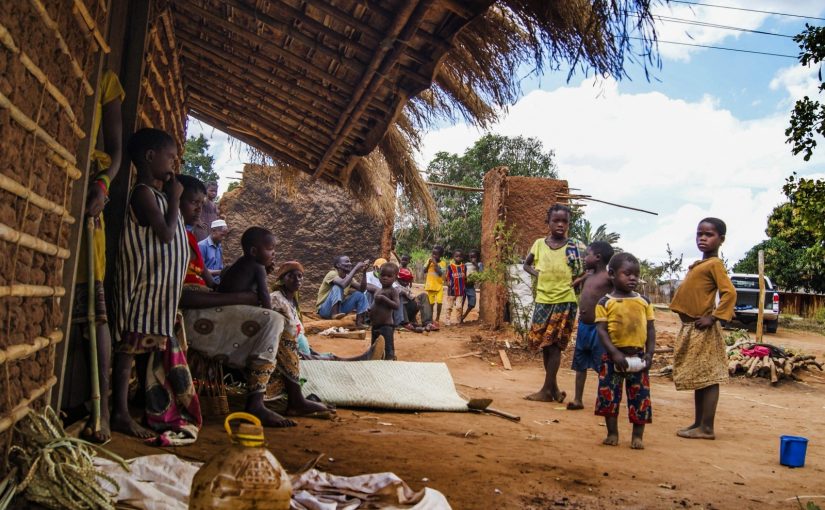
FILE PHOTO - For illustration purposes only. [File photo: Lusa]
The bishop of the diocese of Pemba, António Juliasse, told Lusa on Thursday that the recent armed attacks in the Meluco and Nangade districts of Cabo Delgado in northern Mozambique have caused a new influx of displaced people to the town.
“We have new displaced people, due to the sporadic attacks that took place in Nangade and Meluco,” in addition to the families that had already been forced to flee the armed violence in Cabo Delgado, the recently appointed bishop said.
READ: Pope Francis appoints António Juliasse Ferreira Sandramo as bishop of Pemba, Mozambique
Bishop Juliasse said that the Catholic Church had received many requests for humanitarian support for the new group of families forced to flee the most recent attacks.
“The Church has been very much called upon for help,” he emphasised.
António Juliasse warned of the risk of the humanitarian crisis in Cabo Delgado being forgotten in the face of progress made in combating the armed groups that have terrorised the province since 2017.
“There are certain areas where [the displaced] have returned,” but people still need help because they have lost everything, and have spent months without cultivating the land, he noted.
“The need for help for Cabo Delgado, for the displaced, is still very great, and it will still take a long time for the security situation to normalise, and it is believed that the people have returned to their normal situation,” he added.
Despite advances on the military front, he continued, the restoration of security in Cabo Delgado continues to require a general mobilisation by both government and society.
“There is a need for all of us, as a country, to establish security for Cabo Delgado. We need to find safety discourses and narratives for the country as well,” he stressed.
Civil society, he said, should not remain “on the bench, watching”, as if the government must manage the crisis in Cabo Delgado alone.
“The government does its part, yes, it must give clear guidelines and mobilise resources,” he remarked, while advocating that society take on a monitoring role, seeking executive accountability.
The Bishop of Pemba noted that the priests, missionaries and nuns of the Catholic Church were also forced to leave districts affected by violence in Cabo Delgado, but are ready to return once security conditions are restored.
“The Church [in terms of infrastructure] is still there. What we don’t have yet are the missionaries, the priests, the sisters in these places [affected by the violence]. They are not there; they could not remain, for security reasons. If the situation shows that security has been restored, then they will return,” he said.
Cabo Delgado province is rich in natural gas, but has been terrorized since 2017 by armed rebels, with some attacks claimed by the Islamic State extremist group.
The conflict has already caused more than 3,100 deaths, according to the ACLED conflict registry project, and displaced more than 859,000 people, according to the Mozambican authorities.
Since July, an offensive by government troops with the support of Rwanda, later joined by the Southern African Development Community (SADC), has increased security, recovering several areas under rebel control since August, 2020.
The military action of the joint forces has forced rebel groups to disperse, returning to sporadic attacks in areas reconquered by the government.


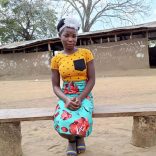
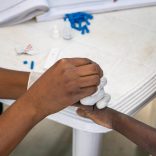
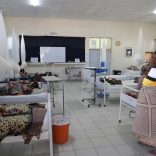
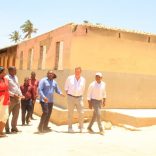






Leave a Reply
Be the First to Comment!
You must be logged in to post a comment.
You must be logged in to post a comment.